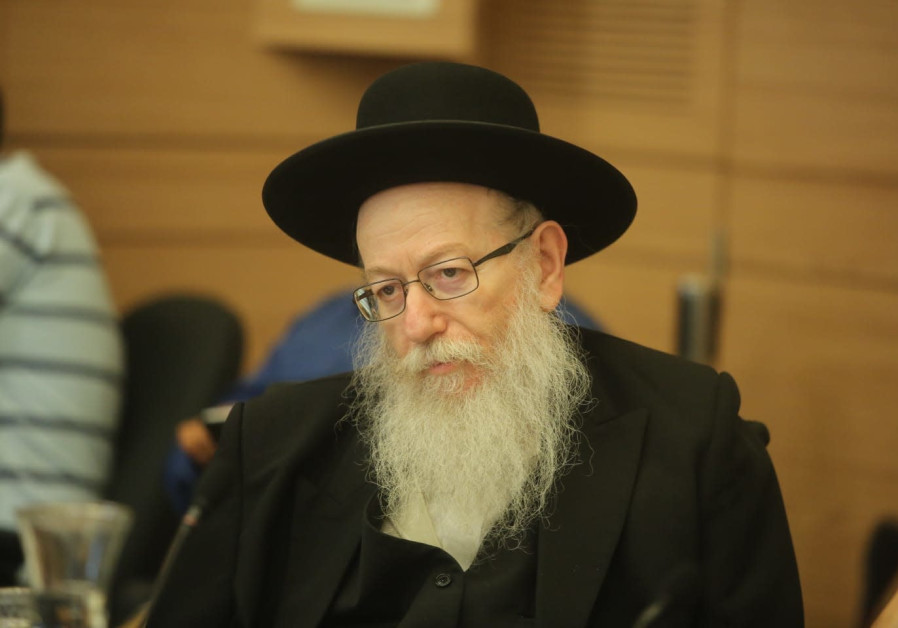פסק הלכה מרעיש מתפרסם היום ממרן פוסק הדור הגאון רבי משה שטרנבוך שליט"א על הצורך בכשרות לנוזל האידוי המתאדה עם שאיפת המעשן בסיגריה אלקטרונית.
לאחרונה חלה תפנית אצל מעשנים רבים המחליפים מעישון רגיל בסיגריות הטבק לעישון בסיגריה אלקטרונית. לפי ההערכות ארגון הבריאות העולמי ועמותת הלב האמריקאית, השימוש בסיגריה אלקטרונית פחות מסוכן באופן משמעותי מאשר עישון טבק, כמו כן במחקרים שונים שנערכו נמצא כי שימוש בסיגריה אלקטרונית מגדיל את הסיכויים לגמילה מסיגריות טבק רגילות.
לאחרונה חלה תפנית אצל מעשנים רבים המחליפים מעישון רגיל בסיגריות הטבק לעישון בסיגריה אלקטרונית. לפי ההערכות ארגון הבריאות העולמי ועמותת הלב האמריקאית, השימוש בסיגריה אלקטרונית פחות מסוכן באופן משמעותי מאשר עישון טבק, כמו כן במחקרים שונים שנערכו נמצא כי שימוש בסיגריה אלקטרונית מגדיל את הסיכויים לגמילה מסיגריות טבק רגילות.
מבחינה טכנולוגית, הסיגריה האלקטרונית היא התפתחות של מכשיר האידוי. בתוך הסיגריה קיים 'נוזל אידוי' המתאדה עם שאיפת המשתמש ונכנס לתוך פיו. 'נוזל האידוי' מיוצר בדרך כלל מפרופילן גליקול (PG), גליצרין (VG), ולפ
יצויין כי נושא כשרות הסיגריות הרגילות כבר עלו בעבר על שולחנם של גדולי בעלי ההוראה אשר הכריעו כי הסיגריות רגילות אינם צריכות הכשר משום שרוב החומר נפסל לאכילת כלב, וכמו כן שאיפת העשן מוגדרת על פי ההלכה כ'הנאה' ולא כ'אכילה'. אך לעומת זאת בסיגריה אלקטרונית רוב החומר ראוי למאכל אדם ולא נפסל ממאכל כלב, וכמו כן שאיפת ה"אדים" מוגדרת כאכילה – בניגוד ל"עשן" המוגדר רק כהנאה ולא כאכילה, ומכאן עלתה בפני מרן פוסק הדור הגאון רבי משה שטרנבוך שליט"א שאלת כשרות נוזל האידוי הנמצא בתוך הסיגריות האלקטרוניות.
במכתבו המתפרסם היום לראשונה, כותב מרן פוסק הדור הגאון רבי משה שטרנבוך שליט"א, כי אכן הסיגריה האלקטרונית צריכה הכשר מכיון שנוזל האידוי מכיל טעם טוב הנהפך לאדים וטעמו מורגש בתוך הפה, וכי עפ"י כללי ההלכה הדבר נחשב כטועם בפיו את גוף החומרים, היות ש"זיעה דינו כממש".
פסק ההלכה עורר הדים רבים ברחבי העולם היהודי בארץ ובחו"ל, ובפרט לאור העובדה כי המעשנים כבר הורגלו שנים רבות כי הסיגריות אינם זקוקות להכשר, וכעת התוודעו לראשונה לעובדה כי חומרי נוזל האידוי הקיימים בתוך הסיגריה האלקטרונית עלולים להיות בעייתים מבחינה כשרותית, וכי שאיפת נוזל האידוי מוגדרת מבחינה הלכתית כ"אכילה" ולא כ"הנאה", ואין להשתמש בה ללא הכשר מהודר.

